In 2023, Charging most electric vehicle in the U.S. costs more than refueling gas cars
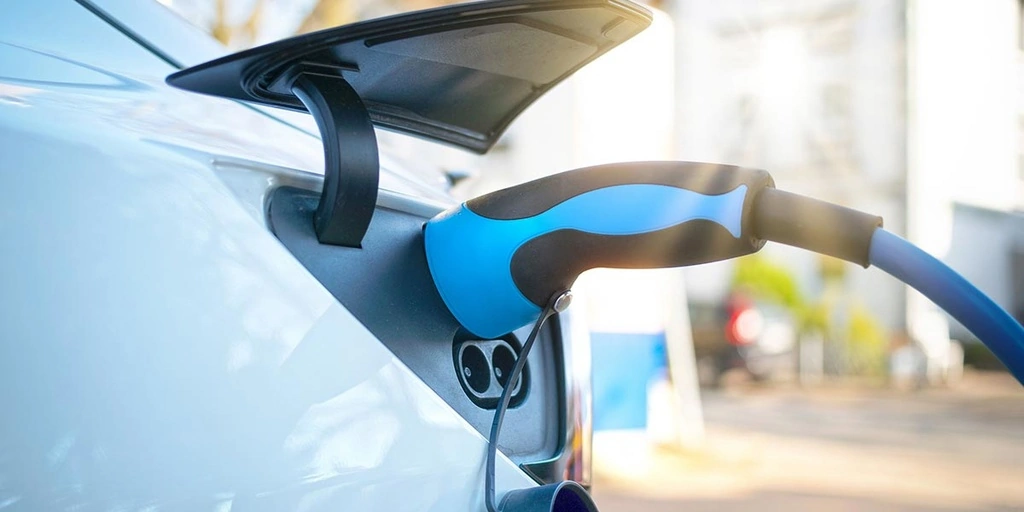
Anderson Economic Group
The study found that most electric vehicles in the U.S. cost more to charge than refuel a gas-powered vehicle.
According to a new study, charging many electric vehicles still costs more than refueling their gasoline-powered counterparts, according to a new study.
The study, released Tuesday by the Anderson Economic Group, compared the cost of filling up at a gas station with charging at home or in a public place.
The study found that when it comes to the cost of charging and refueling, different car models have different results.
For trucks, it costs about the same to refuel and charge.
And for entry-level and mid-range sedans and SUVs, charging at home or in public is more expensive than filling up at a gas station.
Luxury cars and SUVs fall somewhere in between, and may be cheaper than gas if you charge at home, but more expensive if you charge in public.
Based on the latest U.S. gasoline and residential electricity prices, commercial charging prices, fuel and electric vehicle taxation, fuel economy and other information, the study calculated the cost of refueling and charging every 100 miles (about 160.93 kilometers) driven.
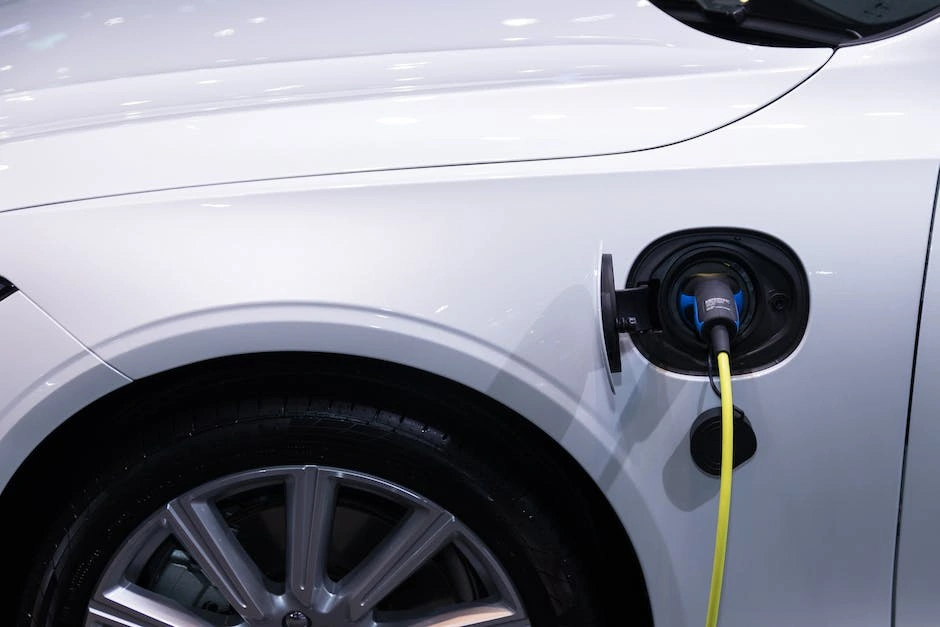
The breakdown of costs by vehicle type
The following is the breakdown of costs by vehicle type:
Truck: For trucks, it costs about the same to refuel and charge.
Whether it’s a Ford F-Series, a Dodge 1500 (Ram 1500), or a Chevrolet Silverado utility vehicle, it’s going to cost you about $17.58 per 100 miles.
A truck running on diesel will cost about $17.10 per 100 miles.
If you own an all-electric Rivian R1T or GMC Hummer, charging at home will cost about the same, about $17.70.
But if charging is done primarily in public places, the cost jumps 48 percent to about $26.38.
Entry-level sedans and SUVs: Owning a Nissan Versa, Hyundai Elantra or Kia Forte costs about $9.78 per 100 miles.
But switch to a Nissan Leaf or a Chevrolet Bolt, and that increases to about $12.55 for charging at home.
Going to public places to charge may cost nearly $16, which is 64% more than the corresponding gasoline model.
Luxury cars: Charging a luxury car at home can be a little cheaper than filling it up, whether it’s a Lexus ES, Porsche Macan, Mercedes-Benz GLE, or similar, and it’ll run you about $17.56 per 100 miles.
The Porsche Taycan, Tesla Model X and Model S, and Mercedes-Benz EQS may only cost about $13.50 to charge at home, a savings of about 23%.
But if you drive these EVs and charge them primarily in public places, it’s about $17.81 for every 100 miles you drive, just like filling up the gas.
Mid-range sedans and SUVs: Currently, it costs more to recharge a Ford Mustang Mach-E, Kia EV6, or Volkswagen ID.4 than to refuel the corresponding internal combustion engine models such as the Chevrolet Equinox, Nissan Altima, or Subaru Forester.
Charging at home, these models cost about $12.62 per 100 miles and about $11.08 at a gas station.
When at a public charging station, it will cost about $16.10.
Although electric vehicles are not yet accepted by all car owners, and the cruising range will decrease in winter, it is an indisputable fact that the later use cost of electric vehicles is still much lower than that of fuel vehicles.
The cost of using fuel vehicles mainly lies in refueling costs, maintenance costs, repair costs, insurance costs, etc., while electric vehicles require almost no maintenance.



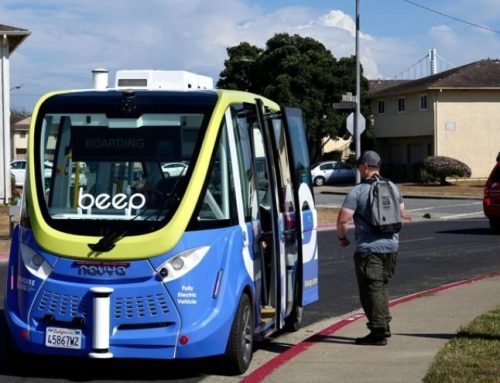
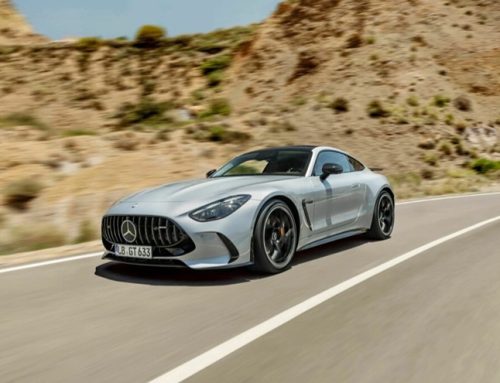

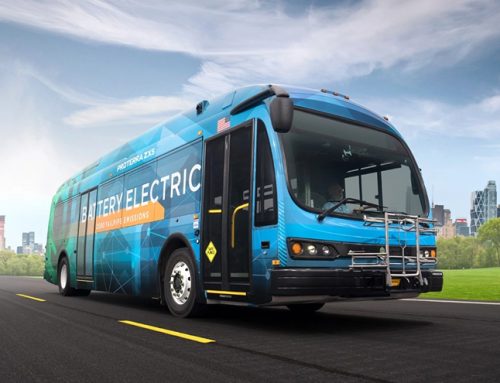
Leave A Comment